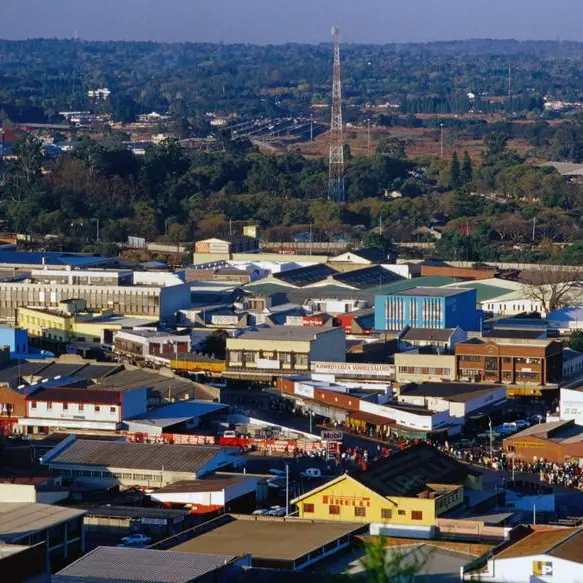PHOTO
The Manufacturers Association of Nigeria (MAN) has warned the federal government on the planned implementation of the Expatriates Employment Levy (EEL), insisting that it might result in more companies joining the 767 that went distressed in 2023.
The association in a statement signed by its Director General, Segun Ajayi-Kadir, on Tuesday, stated that with capacity utilization in the sector declining to 56%; interest rate effectively above 30%, and foreign exchange import raw levy would be an additional burden to the sector.
“In year 2023, 335 manufacturing companies became distressed and 767 shut down. The capacity utilization in the sector has declined to 56%; interest rate is effectively above 30%; and foreign exchange to import raw materials and production machine inventory of unsold finished products, increasing to N350 billion; the sector does not have the capacity to bear such additional burden at this time,” it stated.
According to the association, with expatriates in Nigeria currently paying more than $2000 for CERPAC, the sector cannot afford another disincentive to increased investment and portfolio expansion.
Describing the levy as capable of hampering the inflow of foreign direct investments (FDIs), and disincentive local investors, the association noted that other unintended negative consequences of the levy on the manufacturing sector are humongous, and cannot be accommodated at this time of evident downturn in the nation’s economy.
“As the major investors and employers in Nigeria, manufacturers believe that, while the levy is ostensibly primed to promote local employment, improve forex and non-oil income earnings, the levy will regrettably deter foreign direct investments, disincentivize domestic investors who have partnership with foreign investors and undermine knowledge transfers that are critical for Nigeria’s economic growth,” the association stated.
It stated further that the imposition of EEL would be another burden to the cost of doing business in Nigeria, especially to manufacturers, already operating in a sector that is already beset with multidimensional challenges.
“MAN posits that the rather punitive levy is already being perceived as a punishment imposed on investors for daring to invest in Nigeria and indigenous companies for employing needed foreign nationals. It will deter multinational companies from either investing in Nigeria or setting up regional headquarters in the country. Also, the levy will make Nigeria a more expensive location for global expertise that international companies require for their operations,” the association argued.
It also expressed concerns that the levy contradicts the nation’s international trade agreements, and the obligations contained therein, adding that with Nigeria being a signatory to the African Continental Free Trade Area [AfCFTA] agreement, one of the pillars of the AfCFTA remains the free movement of skilled labour across the continent, complemented by non-discriminatory measures against fellow Africans.
The association therefore called on President Bola Tinubu to direct that the implementation of the EEL be discontinued in the overall interest of the national economy, and to re-assure the investing domestic and foreign investors of the country’s commitment to an investment -friendly environment and ease of doing business.
Copyright © 2022 Nigerian Tribune Provided by SyndiGate Media Inc. (Syndigate.info).





















